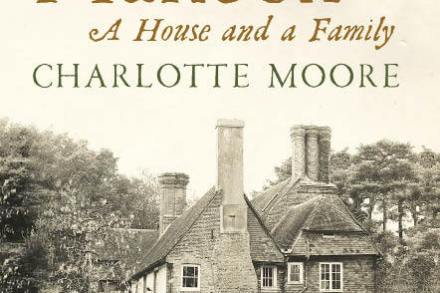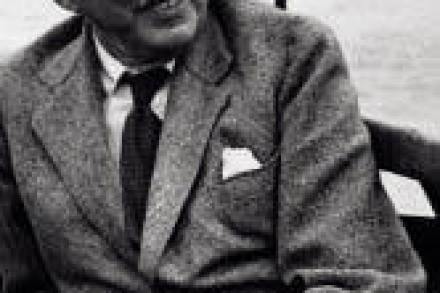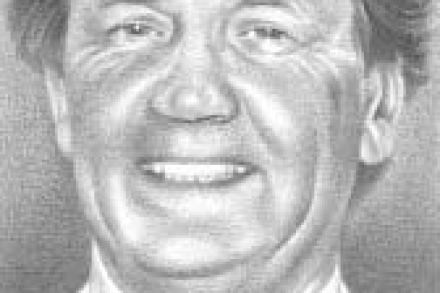Futile phantoms
But of course this new book is by Peter Ackroyd, celebrated biographer, historian and chronicler, a bit of a polymath, a man who has written wonderfully informative and erudite books about Blake, the river Thames, Venice, and introductions to all the novels of Dickens, so naturally one expects a good deal more from The English Ghost than from any of those other popular titles on the same subject. One does not get it. Whether you believe in ghosts or not, one thing distinguishes the fictional ghost from the ‘real’ and that is Purpose. Read through the several dozen tales of English ghosts here and you will find not a single










